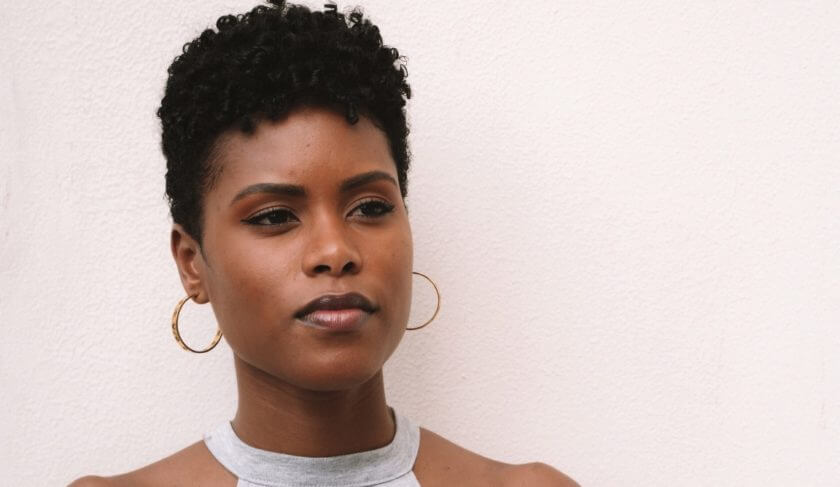
International Women’s Day is a time to celebrate and reflect on women’s achievements around the world. But it’s also a time to consider all the work that’s still left to do to achieve gender parity, especially when it comes to women’s finances and improving financial security — AKA, investing in yourself. As a financial planning strategist, I’m often asked, “Why do women struggle financially compared to men, and what can we do to change this?”
There are many factors that can prevent women from having enough assets and lifetime income to cover their living and health care expenses for the rest of their lives. Even before the pandemic – which has set millions of women back and has made it even harder for them to save for long-term goals like retirement – women faced shorter careers, lower or inequitable wages, lower Social Security payments and limited retirement savings, often a result of taking time out of the workforce to have children or care for their families. The effects of shorter careers continue to linger; approximately 3 out of 5 women earn less than $40,000 per year. On average, they also put aside a smaller percentage of their pay for retirement than men – just 6.9 percent compared to 7.6 percent, respectively.
COVID-19 has only exacerbated these issues for women – and created new ones. Even though women make up 51 percent of the U.S. population, more than half (55 percent) of all net jobs lost during the pandemic were women, and more than two million women are no longer part of the paid workforce. Women of color have fared worse – while the unemployment rate in July of 2020 dropped to 10.2 percent, 1 in 7 Black women (13.5 percent) and Latinas (14 percent) remained unemployed.
A lack of financial literacy and understanding of basic financial concepts can also lead women to make poor financial decisions, especially if they’ve had to face a financially significant life event like a divorce. Women can see a significant decline in income after a divorce, which directly impacts their household income and assets. Becoming a widow offers a similar fate with an average 37% decrease in household income.
Finally, women live longer! Women age 65+ are three times as likely to be widowed compared to men of the same age. As life expectancy continues to rise, the need for long-term savings becomes even more paramount so that we’re able to live comfortably in retirement.
So, what are women to do? I recommend investing in yourself, but starting slowly:
- Commit to learning about financial literacy. Increasing your financial knowledge will help you make better financial decisions and give you the confidence you need to reach your goals.
- Explore your financial status by understanding the value of what you own and owe. Recognize the relationship between your income and how much you spend. Gather your accounts, debts and review your cash flow – use an app or the old fashion way, pen and paper. You also may need to grab your free credit report. It is best to know where you are starting from to plan your course to the finish line.
- Write down your financial goals. Many women have debt they want to pay down, children they want to educate and families they want to protect. They also want the financial freedom to retire one day. Visualizing what you want to achieve will help you stay focused on your plan. A recent survey conducted by TIAA shows that of those participants who recently increased their retirement plans savings, 48 percent credit an income calculator/projection for the motivation. Among those who saw a projection, 61 percent considered it extremely/very helpful. You can work with a financial advisor to determine your goals and put a plan in place to achieve them.
This International Women’s Day, take a moment to think about the steps you need to take toward your financial goals, and the things you can do now to improve your financial security in future. Investing in yourself might be the best decision you ever make.
READ MORE:
- How to Raise Financially Educated Kids and Teens
- 5 Women In Fintech Making History Now
- What Is It About ‘Female Only’ Spaces That Make Us Feel Empowered?
SUBSCRIBE FOR FREE: Life is the topic. Money is the tool. Let’s talk! Subscribe to HerMoney today.







